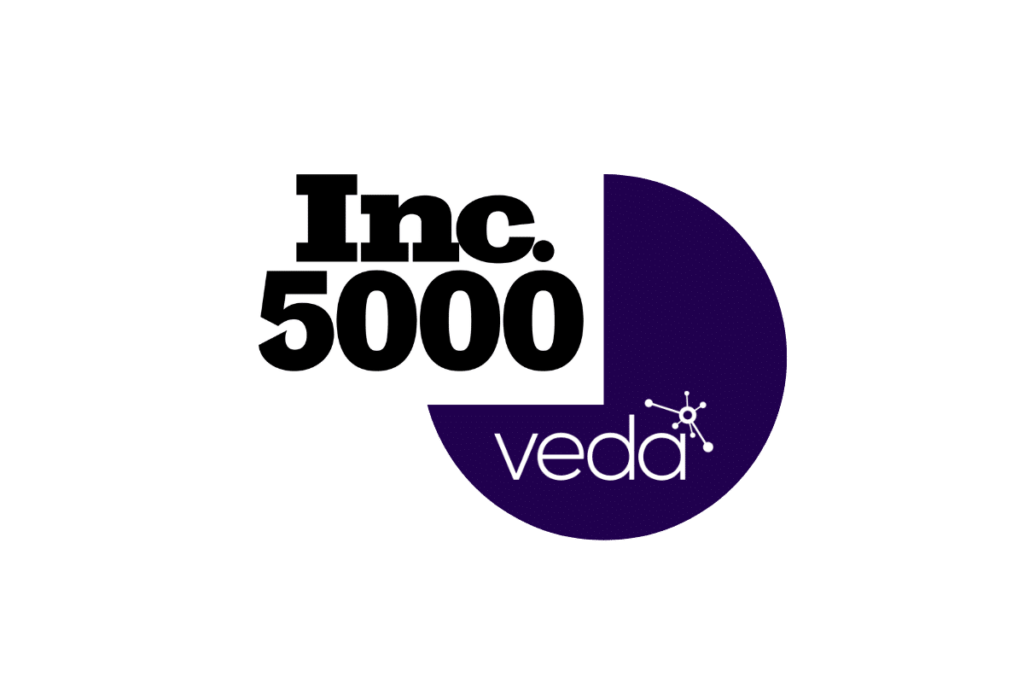Chief Healthcare Executive – Many in the public are leery of AI. By committing to transparency and accountability, health organizations can emerge as leaders in innovative and responsible AI implementation.

AI is becoming integral to healthcare, revolutionizing everything from clinical outcomes to operational efficiencies. Stakeholders across the industry—payers, providers, and pharmaceutical companies—are leveraging AI technologies like machine learning, generative AI, natural language processing, and large language models to streamline processes and close gaps in care. These innovations are transforming aspects like image analysis and claims processing through data standardization and workflow automation.
However, integrating AI into healthcare is not without its hurdles. Public trust in AI has plummeted, dropping globally from 61 percent in 2019 to just 53 percent in 2024, with many skeptical about its application.
Certifying outcomes from AI-driven practices remains an unregulated territory and transparency around how algorithms impact health data practices and decision-making is lacking. For example, AI models designed for real-time automation can quickly process flawed data, leading to erroneous outcomes. AI transparency and ethical practices must evolve towards greater accountability and compliance to advance the industry.
Building much-needed trust in healthcare
Organizations like The Coalition for Healthcare AI (CHAI) and the Trustworthy & Responsible AI Network (TRAIN) are promoting common practices and standards for responsible AI use. These frameworks guide business leaders tasked with AI governance.
However, for healthcare executives, establishing and showcasing ethical and transparent AI practices goes beyond following existing guidelines. By committing to transparency and accountability, organizations can position themselves as leaders in innovative and responsible AI implementation.
To effectively demonstrate these principles, healthcare business leaders should consider the following:
Implement rigorous validation protocols: Ensure that your organization’s AI algorithms undergo thorough and unbiased third-party validation. This step is crucial for verifying the accuracy, reliability, and safety of AI outputs. Validation helps to mitigate risks and ensures that AI systems operate as intended.
Promote transparency: Be transparent about how your AI models work and how they impact data processes. This includes disclosing the use of AI to patients, payers, and providers, and providing clear explanations of the AI’s role in decision-making processes. Transparency builds trust and helps stakeholders understand the value and limitations of AI technologies.
Commit to ethical standards: Adhere to ethical guidelines and best practices in AI development and deployment. This includes addressing potential biases, ensuring data privacy, and prioritizing patient safety. Ethical AI practices foster a culture of accountability and integrity within your organization.
Engage with stakeholders: Actively involve stakeholders in the development and implementation of AI systems. Gather feedback, address concerns, and make adjustments based on input from patients, providers, and others. Engaging with both internal and external stakeholders helps to build trust and ensures that AI solutions meet needs and expectations.
Stay ahead, informed, and compliant: Keep abreast of evolving regulations and guidelines related to AI in healthcare. Ensure that your AI systems comply with all relevant regulatory requirements. Staying informed and compliant helps to mitigate legal risks and demonstrates a commitment to responsible AI use.
Read Bob Lindner’s full viewpoint for Chief Healthcare Executive.





